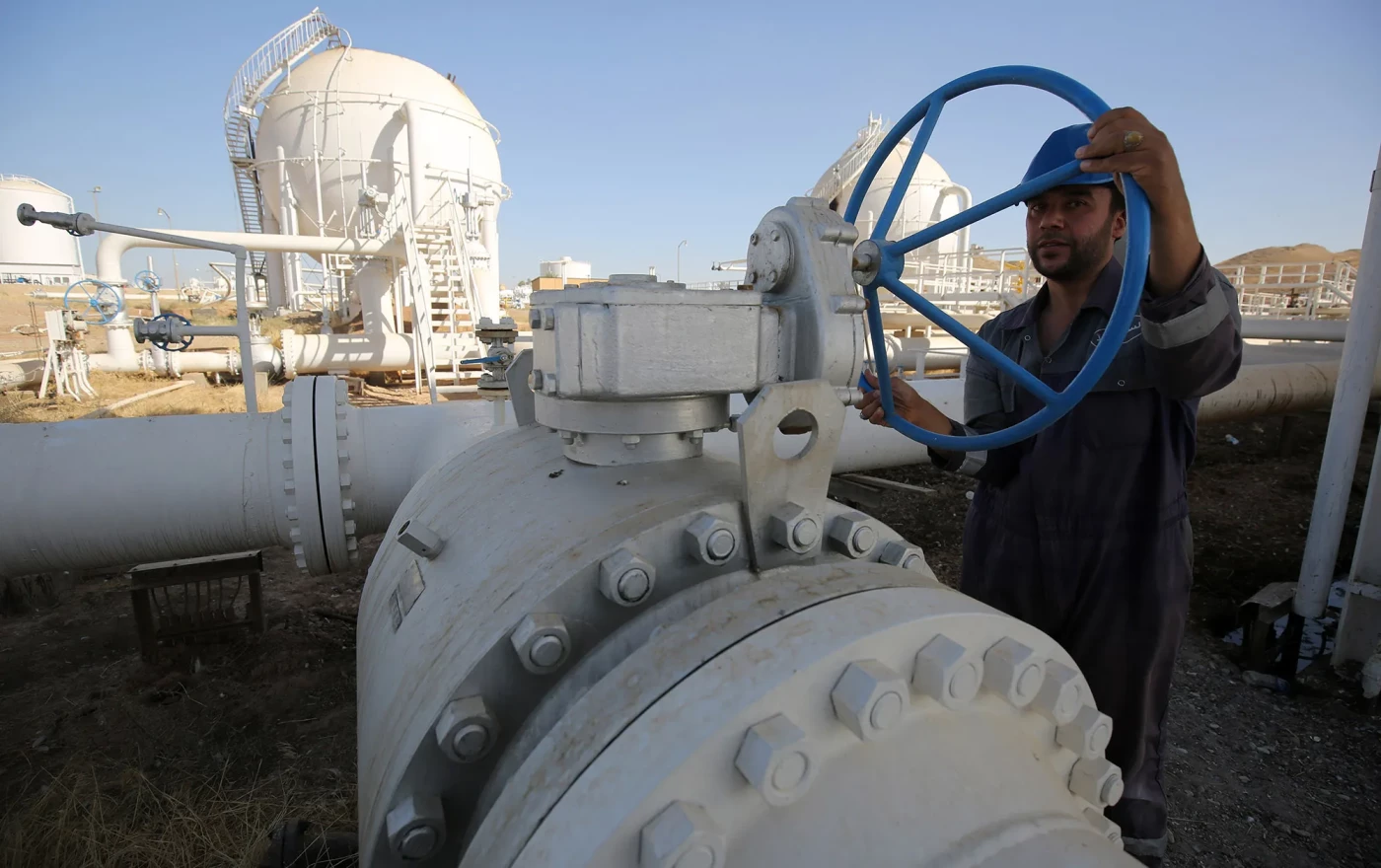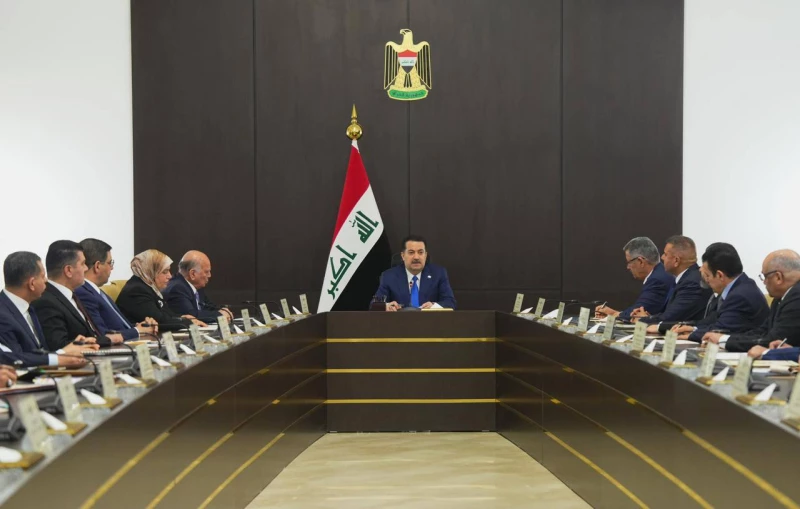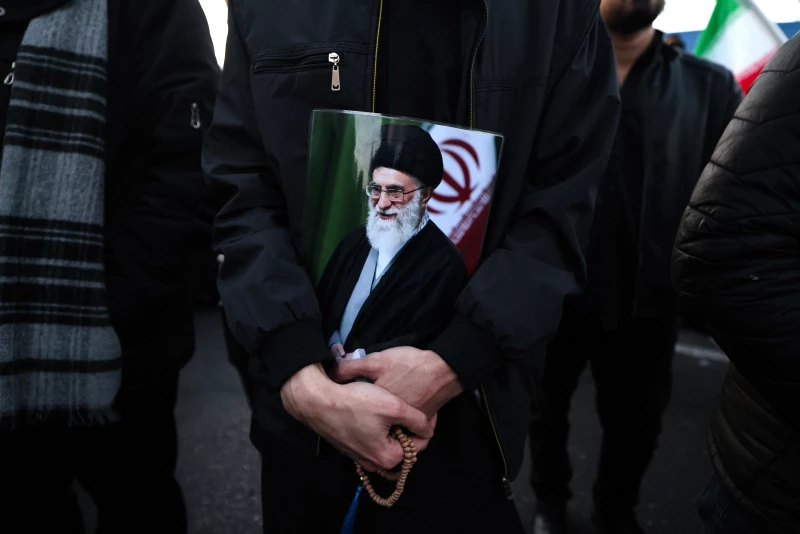ERBIL, Kurdistan Region of Iraq - Iraq is moving forward with plans to resume oil exports from the Kurdistan Region via Turkey’s Ceyhan port, Iraqi lawmaker Sabah Subhi Haider said Wednesday, citing a political agreement to restart exports as soon as possible. The announcement comes as officials also weigh the revival of the Kirkuk-Baniyas pipeline, which could serve as a new export route.
Exports from Kurdistan were halted in March 2023 following a ruling by the International Court of Arbitration in Paris. The court sided with Iraq in a lawsuit against Turkey, deeming the export of Iraqi oil through Ceyhan without coordination with Iraq’s State Oil Marketing Organization (SOMO), illegal. Officials estimate losses of more than $20 billion since the suspension.
Haider, a member of the parliament’s oil and gas committee, told The New Region that lawmakers are working to amend the 2023 federal budget law to facilitate the resumption of exports.
“We have completed the first reading of the amendment, and only the second reading and voting remain,” Haidar said. “All indications point to an agreement. There is both local and international consensus on the need to resume exports at a rate of 400,000 barrels per day.”
Kirkuk-Baniyas pipeline considered
Last week, Iraqi government spokesperson Basim al-Awadi unveiled a roadmap for Iraq’s relationship with Syria’s new administration following the overthrow of Bashar al-Assad’s regime. Among the plans is the revival of the Kirkuk-Baniyas pipeline, which would provide Iraq with direct access to the Mediterranean.
Built in 1952, the 800-kilometer pipeline had a capacity of 300,000 barrels per day, before the Syrian regime stopped the flow of Iraqi oil through the pipeline in 1982 due to disputes between the two countries during the Iran-Iraq war.
Iraqi officials say the pipeline could be key to diversifying export routes amid ongoing disruptions with Turkey.
A senior official in Iraq’s oil ministry, speaking on condition of anonymity, told The New Region that reviving the pipeline is a strategic priority. However, the official acknowledged that rehabilitation efforts face significant financial and logistical challenges, including an estimated $8 billion price tag and the need for improved security conditions in Syria.
“This project will take years to complete and require extensive repairs,” cautioned Haider, adding that it should not be considered as a substitute for the Kirkuk-Ceyhan route at this time.
“Efforts to resume exports via Ceyhan are progressing, and I believe the budget law amendment will pass soon… This is especially urgent given recent events in Syria and Iraq’s need to expand its export options,” he added.
Experts remain skeptical about the Kirkuk-Baniyas pipeline’s viability. Energy analyst Mohammed Hawrami said regional and political challenges have historically stalled large-scale projects like this. “Despite the great importance of the Kirkuk-Baniyas pipeline as an outlet for Iraq to the Mediterranean, major regional interests do not favor its activation,” claimed Hawrami.
Despite the challenges, the oil ministry says the pipeline could boost Iraq’s export capacity to 700,000 barrels per day and reduce dependence on costlier routes. However, progress will depend on political stability in Syria and the resolution of longstanding regional disputes.
Haider reiterated that the Kirkuk-Ceyhan pipeline remains Iraq’s most immediate option. “Kurdistan’s oil exports will likely resume soon, as all parties recognize the economic necessity,” he said.
Additional reporting by Lava Alhaj Osman



 Facebook
Facebook
 LinkedIn
LinkedIn
 Telegram
Telegram
 X
X


